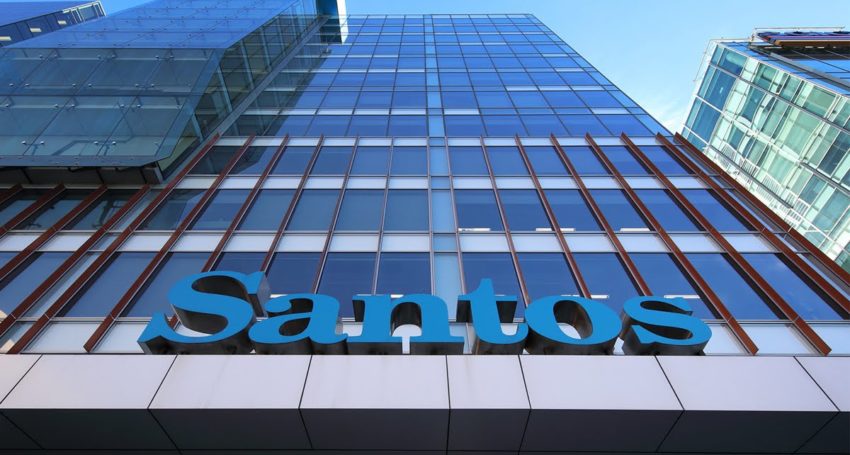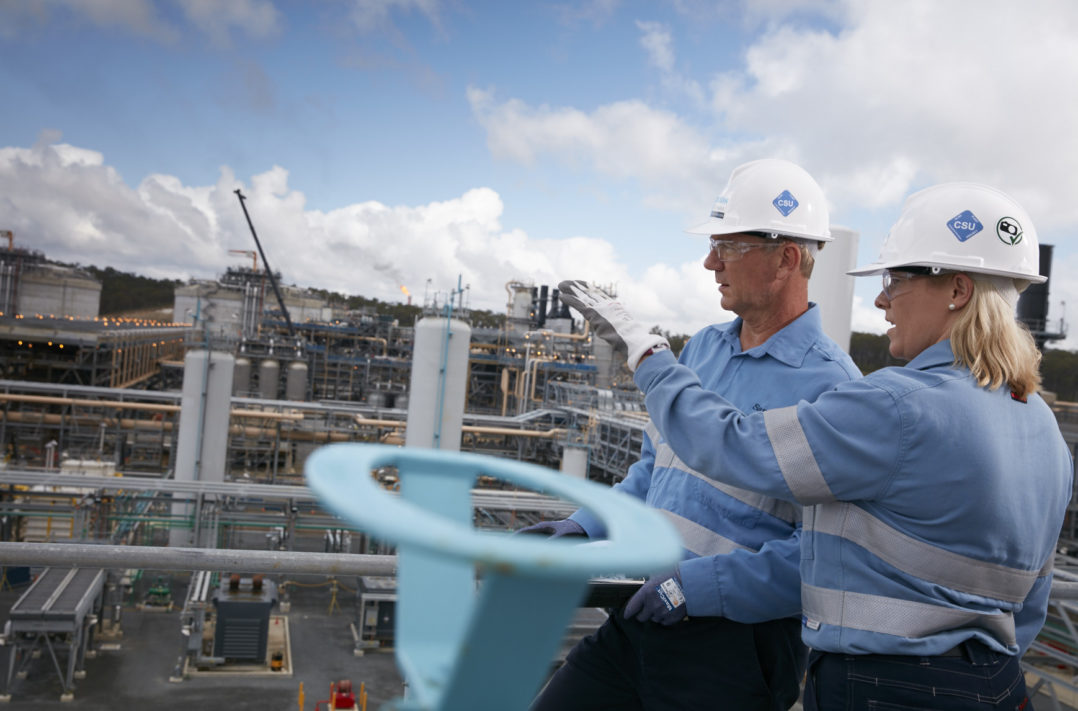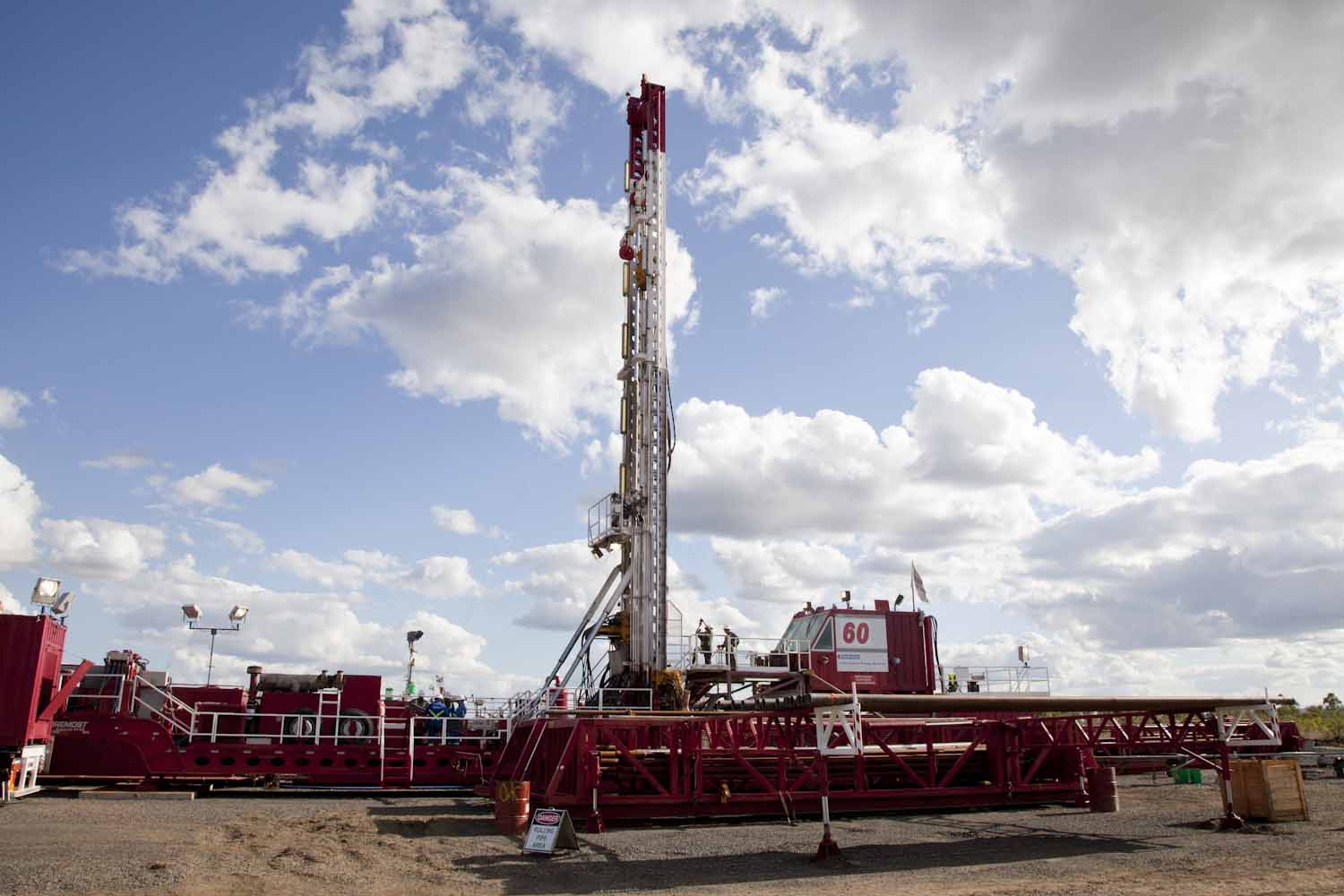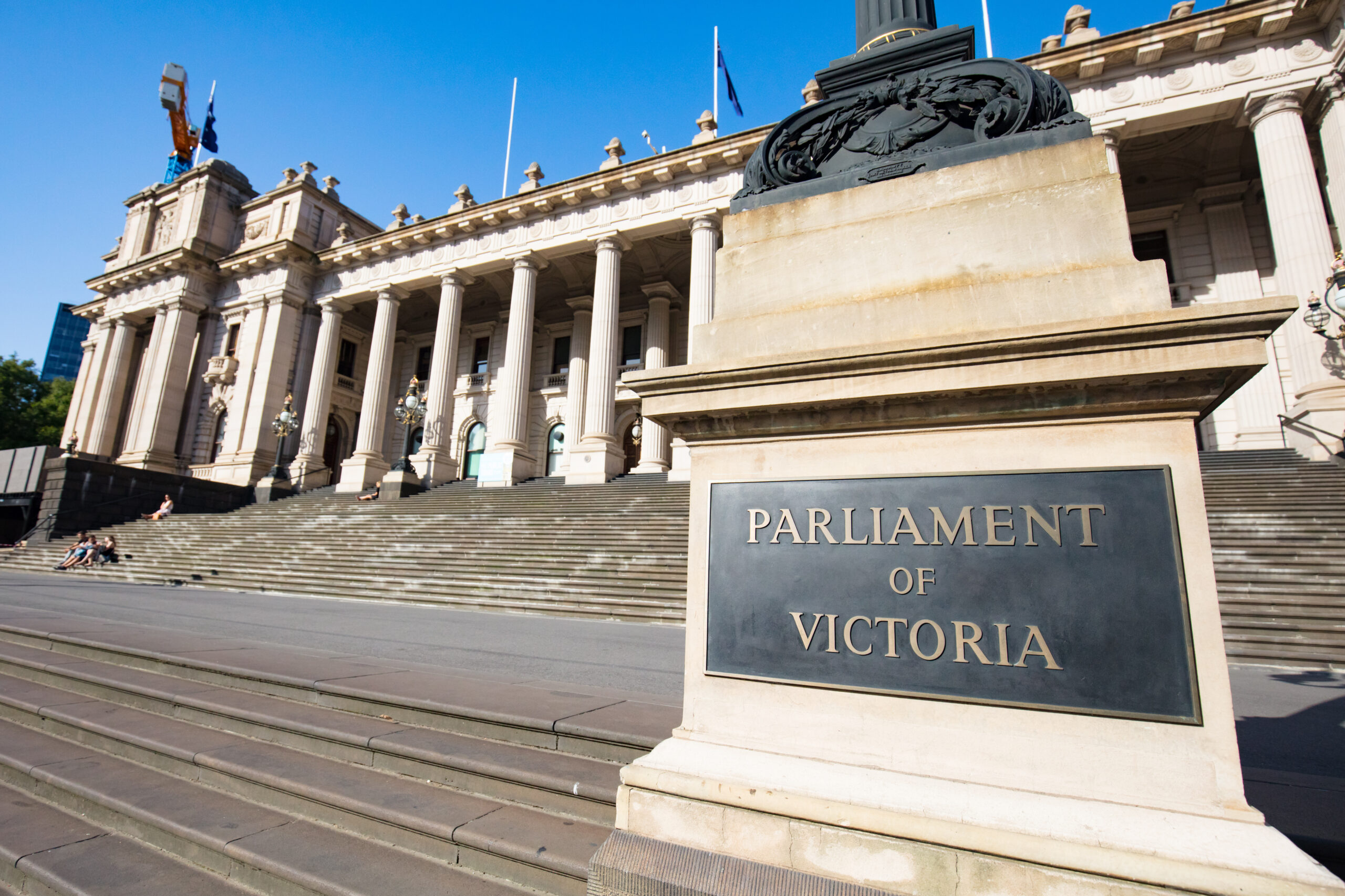APPEA has welcomed the announcement by the Victorian Opposition to support lifting the state’s moratorium on conventional onshore natural gas development.
APPEA Chief Executive Andrew McConville said Victorian homes and business would continue to bear the cost burden if the politically-motivated ban on gas development remained in place.
Gas is critical
“Natural gas will continue to be a significant source of energy for Victoria for decades ahead, and a sensible position on onshore resource development is needed for all Victorians,” Mr McConville said.
“Victoria has an ongoing requirement for more natural gas. Around 80 per cent of all Victorian homes (nearly two million households) are connected to natural gas, and thousands of jobs in the state’s manufacturing sector depend on reliable gas supply. The ACCC’s most recent report into Australia’s natural gas found that Victoria continues to be the nation’s biggest user of gas.” (see chart)
Mr McConville said achieving Victoria’s Renewable Energy Target is also expected to increase the state’s demand for gas.
Modelling undertaken for the Department of Environment, Land and Planning in 2017 assumed that as other sources of baseload power (coal) no longer become viable they are replaced by natural gas generation capacity. Under every scenario modelled for the Department, natural gas has a bigger role to play in delivering energy stability to Victoria out to 2050.
“With declining gas production offshore in Victoria, exploring and developing the state’s onshore gas resources ought to be an urgent priority of the state government,” Mr McConville said.
“Without more local supply, families and businesses in the state will pay more than those in states continuing to develop new supply. As the ACCC has highlighted; shipping gas from Queensland to southern customers adds $2 to $4 in transport costs, increasing the wholesale gas price by between 20% and 40%.”
Mr McConville said while Victoria has significant potential unconventional gas resources, lifting the moratorium on conventional development and getting gas explorers and producers back into the state is a necessary first step.
“While APPEA strongly supports the lifting the moratorium, it won’t be an immediate fix for natural gas supply to Victoria. Exploration and quantifying the volume of any prospective commercially viable resource requires significant investment by companies of time and infrastructure,” Mr McConville said.
“The decision to impose a moratorium in the first place sent a strong message to the gas industry that it was not welcome in Victoria, and unsurprisingly investment went elsewhere. Getting that investment to come back to Victoria will take time and lifting the moratorium in conventional drilling will be a crucial first step.”





